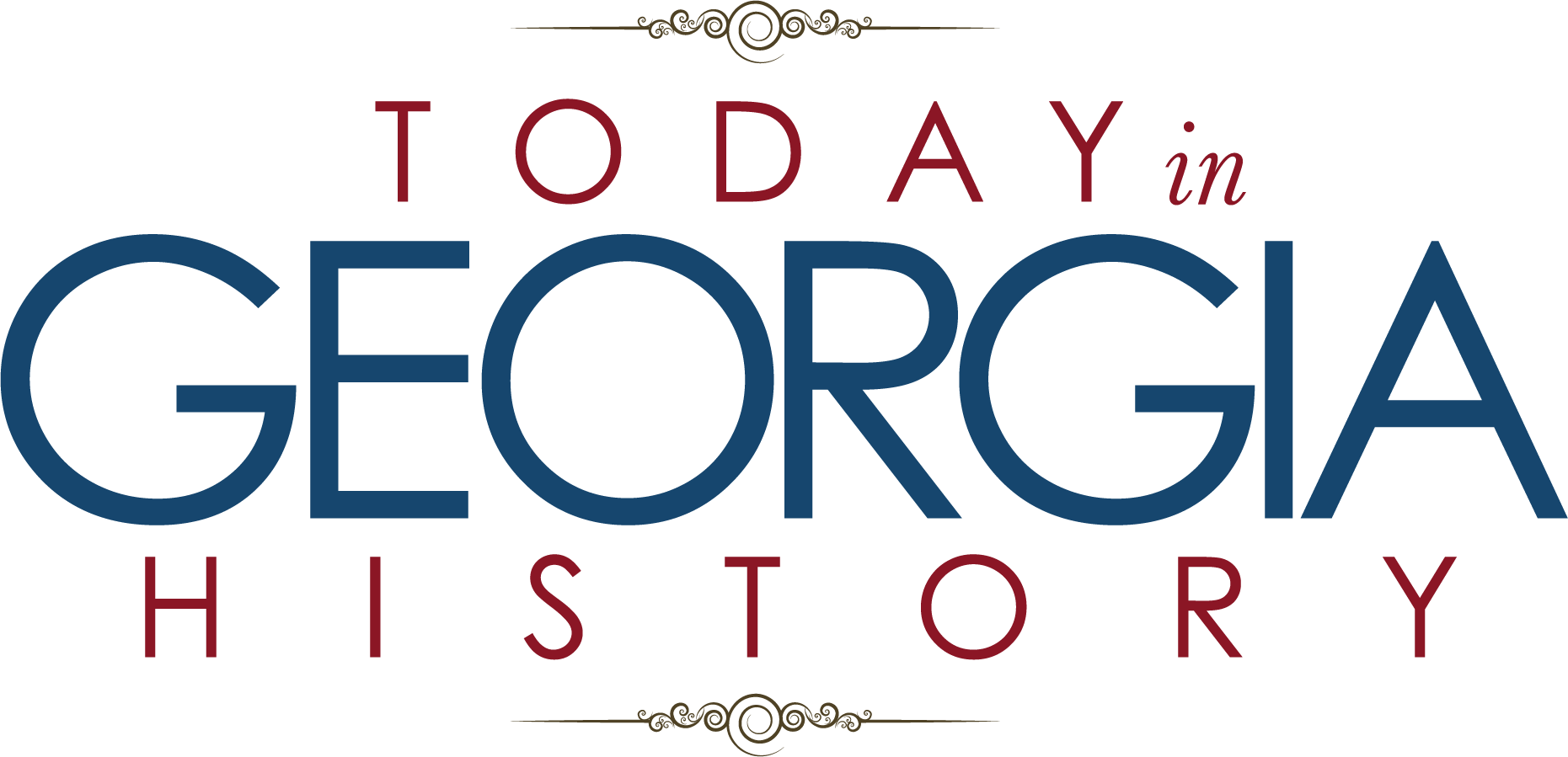Daily Activities – John C. Fremont
The daily activities created for each of the Today in Georgia History segments are designed to meet the Georgia Performance Standards for Reading Across the Curriculum, and Grade Eight: Georgia Studies. For each date, educators can choose from three optional activities differentiated for various levels of student ability. Each activity focuses on engaging the student in context specific vocabulary and improving the student’s ability to communicate about historical topics.
One suggestion is to use the Today in Georgia History video segments and daily activities as a “bell ringer” at the beginning of each class period. Using the same activity daily provides consistency and structure for the students and may help teachers utilize the first 15-20 minutes of class more effectively.
Optional Activities:
Level 1: Provide the students with the vocabulary list and have them use their textbook, a dictionary, or other teacher provided materials to define each term. After watching the video have the students write a complete sentence for each of the vocabulary terms. Student created sentences should reflect the meaning of the word based on the context of the video segment. Have students share a sampling of sentences as a way to check for understanding.
Level 2: Provide the students with the vocabulary list for that day’s segment before watching the video and have them guess the meaning of each word based on their previous knowledge. The teacher may choose to let the students work alone or in groups. After watching the video, have the students revise their definitions to better reflect the meaning of the words based on the context of the video. As a final step, have the students compare and contrast their definitions to their textbook, dictionary or other teacher provided materials definitions.
Level 3: Provide the students with the vocabulary list and have them use their textbook, a dictionary, or other teacher provided materials to define each term. After watching the video, have the students write a five sentence paragraph based on the provided writing prompts.
Vocabulary Terms
Émigré
Diplomat
Appointed
Topographical Engineers
Surveyed
Pathfinder
Opposition
Fledgling
Writing Prompts
1. In a five-sentence paragraph use information from the segment to explain why the Republican Party felt that Fremont would make a good presidential candidate.
2. In a five-sentence paragraph explain how John C. Fremont went from a member of a the U.S. Topographical Engineers to a national celebrity.
3. Using your knowledge of United State History explain why the Federal government send men like John C. Fremont on expeditions to the West. What was the goal of these expeditions?
Related Georgia Performance Standards:
Reading Across the Curriculum (Grades 6-12)
SSRC1 Students will enhance reading in all curriculum areas by:
c. Building vocabulary knowledge
• Demonstrate an understanding of contextual vocabulary in various subjects.
• Use content vocabulary in writing and speaking.
• Explore understanding of new words found in subject area texts.
d. Establishing context
• Explore life experiences related to subject area content.
• Discuss in both writing and speaking how certain words are subject area related.
• Determine strategies for finding content and contextual meaning for unknown words.
Common Core, College and Career Readiness Anchor Standards for Writing
Text Types and Purposes
1. Write arguments to support claims in an analysis of substantive topics or texts, using valid reasoning and relevant and sufficient evidence.
2. Write informative/explanatory texts to examine and convey complex ideas and information clearly and accurately through the effective selection, organization, and analysis of content.
3. Write narratives to develop real or imagined experiences or events using effective technique, well-chosen details, and well-structured event sequences.
National Curriculum Standards for Social Studies
Theme 2: Time Continuity and Change; Theme 5: Individuals Groups and Institutions; Theme 6: Power Authority and Governance
Grade 8 Georgia Studies
SS8H6 The student will analyze the impact of the Civil War and Reconstruction on Georgia.
a. Explain the importance of key issues and events that led to the Civil War; include slavery, states’ rights, nullification, Missouri Compromise, Compromise of 1850 and the Georgia Platform, Kansas-Nebraska Act, Dred Scott case, election of 1860, the debate over secession in Georgia, and the role of Alexander Stephens.
b. State the importance of key events of the Civil War; include Antietam, the Emancipation Proclamation, Gettysburg, Chickamauga, the Union blockade of Georgia’s coast, Sherman’s Atlanta Campaign, Sherman’s March to the Sea, and Andersonville.
c. Analyze the impact of Reconstruction on Georgia and other southern states, emphasizing Freedmen’s Bureau; sharecropping and tenant farming; Reconstruction plans; 13th, 14th, and 15th amendments to the constitution; Henry McNeal Turner and black legislators; and the Ku Klux Klan.
United State History, 9-12
SSUSH7 Students will explain the process of economic growth, its regional and national impact in the first half of the 19th century, and the different responses to it.
a. Explain the impact of the Industrial Revolution as seen in Eli Whitney’s invention of the cotton gin and his development of interchangeable parts for muskets.
b. Describe the westward growth of the United States; include the emerging concept of Manifest Destiny.
c. Describe reform movements, specifically temperance, abolitionism, and public school.
d. Explain women’s efforts to gain suffrage; include Elizabeth Cady Stanton and the Seneca Falls Conference.
e. Explain Jacksonian Democracy, expanding suffrage, the rise of popular political culture, and the development of American nationalism.
SSUSH8 The student will explain the relationship between growing north-south divisions and westward expansion.
a. Explain how slavery became a significant issue in American politics; include the slave rebellion of Nat Turner and the rise of abolitionism (William Lloyd Garrison, Frederick Douglass, and the Grimke sisters).
b. Explain the Missouri Compromise and the issue of slavery in western states and territories.
c. Describe the Nullification Crisis and the emergence of states’ rights ideology; include the role of John C. Calhoun and development of sectionalism.
d. Describe the war with Mexico and the Wilmot Proviso.
e. Explain how the Compromise of 1850 arose out of territorial expansion and population growth.
Grade Four, United States History to 1860
SS4H6 The student will explain westward expansion of America between 1801 and 1861.
a. Describe territorial expansion with emphasis on the Louisiana Purchase, the Lewis and Clark expedition, and the acquisitions of Texas (the Alamo and independence), Oregon (Oregon Trail), and California (Gold Rush and the development of mining towns).
b. Describe the impact of the steamboat, the steam locomotive, and the telegraph on life in America.
c. Describe the impact of westward expansion on Native Americans.



